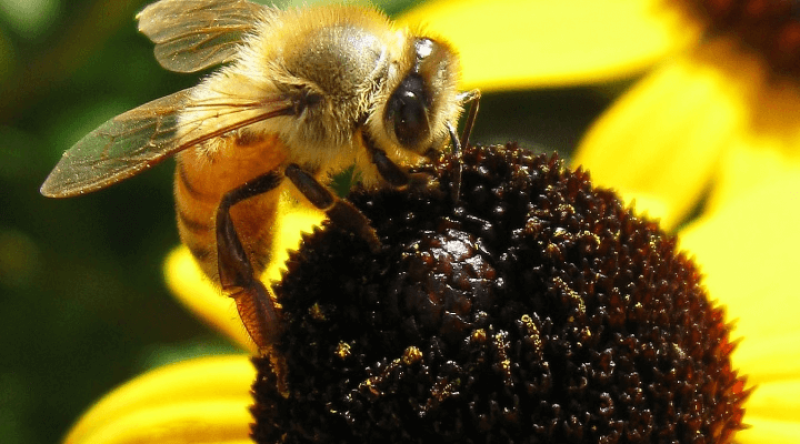Around 2006, beekeepers started reporting huge losses of honey bee colonies. “That rang alarm bells,” said James Cane, a bee expert and researcher emeritus at USDA. “The business of bee keeping was under threat,” he said, and calls to “save the bees” circulated.
This threat was, and still is, very real. On top of pesticides and the loss of habitats, parasitic mites were spreading rapidly among hives in the 2000s and causing colonies to collapse, which is still a concern today.
But the decline of bees, as most of the public understands it, was always about managed, nonnative honey bees, not wild bees. This distinction is important because European honey bees have a whole industry working to sustain them — to treat sick colonies — whereas wild bees don’t.
Even at the height of the bee declines, there were still more than 2 million colonies in the US. Globally, meanwhile, honey bee colonies are now up more than 80 percent since the 1960s.
“There are likely more honey bees on the planet now than there ever have been in history,” said Scott Black, executive director of the Xerces Society, a nonprofit that advocates for pollinator conservation. “There’s not a conservation concern.”
The same can’t be said for native bees.































